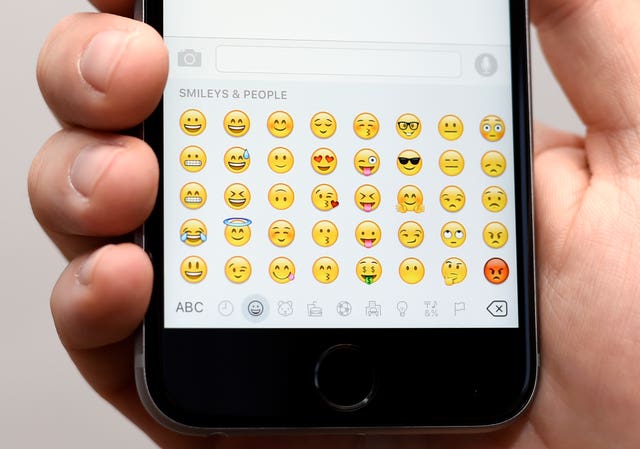
Paul Brand 7am - 10am
8 January 2024, 10:04

The research indicated that companies with more relaxed policies on phone use help their employees achieve a better work life balance.
Personal use of smartphones in the workplace can reduce stress and help employees achieve a better work/life balance, research has suggested.
Those were the findings of a new study conducted by the University of Galway and the University of Melbourne.
The research was carried out at the European branch of an unnamed global pharmaceutical company.
The company had undergone a transformative change in its phone policy, shifting from a restrictive approach to personal phones to allowing open access for non-work purposes.

The study highlighted the potential benefits of moderate mobile phone usage in a work setting, while finding no discernible impact on employee performance.
The research was led by Professor Eoin Whelan, at University of Galway’s J.E. Cairnes School of Business and Economics.
The pharma company had originally banned personal use of phones in the 1990s for health and safety reasons, amid concerns of employees being distracted while working around dangerous chemicals.
Staff had voiced dissatisfaction with the prohibition, claiming it made them feel disconnected.
Senior management also felt the ban was contributing to a perception of the branch being technophobic and that it was hampering competitiveness against other branches of the company.
Prior to the study taking place, only senior management were allowed to bring their personal mobile phones to work.
Over the course of a year, the research tracked around 40 employees who availed of the new relaxed policy and used their personal smartphones when at work.
The study also tracked a similar number of staff who maintained a self-imposed ban by leaving their phones behind them when they stepped inside the work premises.
Insights were gained by way of qualitative interviews.

The experiment’s main findings include:
– Despite fears of smartphone distraction and loss of focus, work performance did not decline when the smartphone ban was lifted.
– Work-life conflict – the perceived conflict between the demands of work and personal life significantly declined for workers who had access to their phones compared to those who did not.
– Employees with access to phones reported being able to help with family issues during the day, helping to reduce pressure on their partner
– Spreading personal communications throughout the day also meant employees were not overwhelmed when they turned on their phone after work
While a lot of previous research in this area has focused on work-related communications outside the workplace; this study did the reverse, concentrating on personal communications inside the workplace.
The universities involved believe the findings are ground-breaking and will contribute to understanding of the interplay between technology and work-life balance, while also offering practical insights for organisations aiming to foster a healthier and more balanced work environment.
Study lead Prof Whelan said: “Rather than enforcing a ban on smartphones in the workplace, our experiences in tracking the introduction of smartphones in this company suggests a more effective strategy would be to establish an organisational climate where the company expectation for smartphone behaviours are known, for example ensuring that they are not used in meetings or in the canteen, with adherence monitored by employees themselves.
“Managers must realise the unintended consequences of forcing a smartphone ban.
“Preventing phones in the workplace can increase work-life conflict, which in turn has significant implications for work performance, job satisfaction, absenteeism, turnover intentions, as well as general wellbeing.”
The study noted other research into personal use of smartphone in the workplace, with some reports suggesting employees spend an average of 56 minutes during a working day using their smartphone for non-work related tasks, check their device an average of 150 times a day.